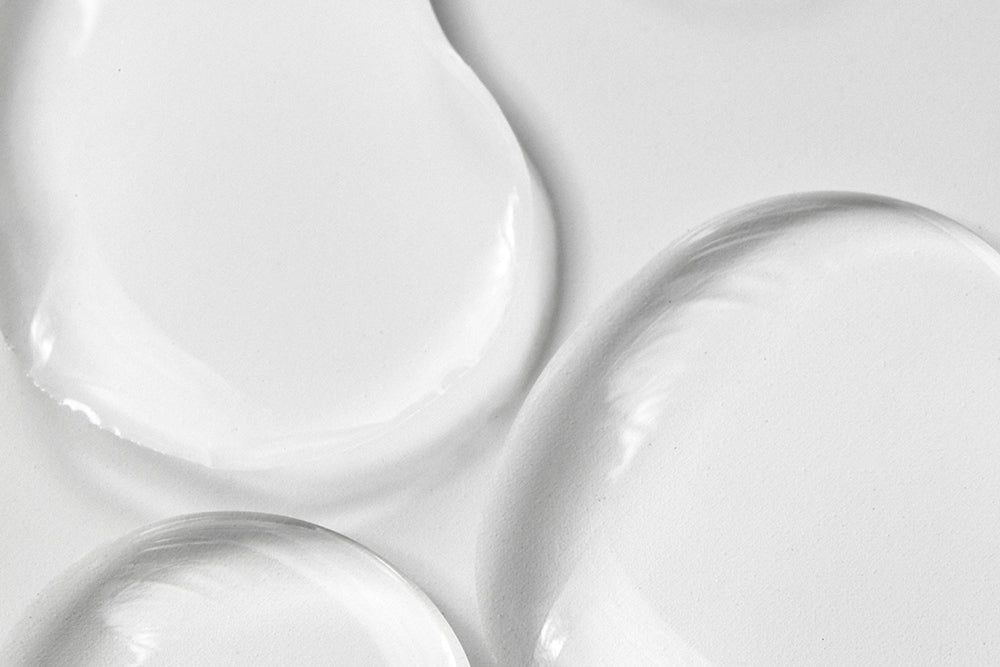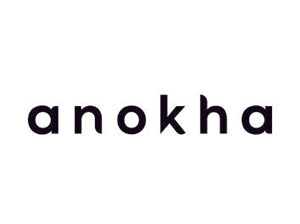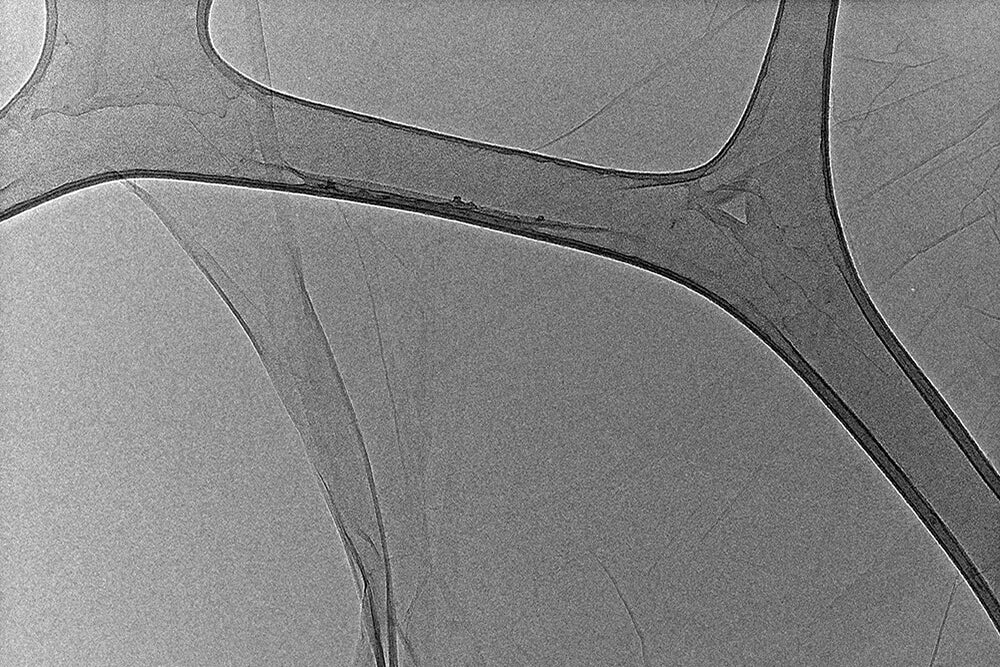
ingredient focus: propanediol

the bottom line
You may have noticed this little ingredient tucked away on ingredient labels: propanediol. While it may sound like a scary synthetic chemical, propanediol is actually derived from corn sugar and is used as a natural alternative to propylene glycol. It’s also a natural overachiever – it functions as a solvent, humectant, and emollient. For more about this true powerhouse of beauty, keep reading.
first layer: the chemistry
The first stop on the propanediol tour requires a brief visit back to organic chemistry, but we’ll try to keep this as painless as possible. Propanediol is an alkanediol, which contains an alkane and a diol. An alkane is a chain of carbons with hydrogens attached to it, while a diol is any compound with two alcohol groups. The term “prop” indicates that there are three carbon atoms in the chain. Propanediol is a chain of three carbons with hydrogens, with two attached alcohol groups. 1,3-propanediol (which is the form of propanediol we’re discussing in this article) has its alcohol groups on the first and third carbons.
In contrast, 1,2-propanediol, or propylene glycol, has a different chemical structure and function. Propylene glycol is a synthetic ingredient derived from petrochemicals and is generally believed to be more irritating to the skin than propanediol. In 2018, 1,2-propanediol had the dubious honor of being named the “Allergen of the Year” by the American Contact Dermatitis Society.
second layer: what it does
Propanediol has a number of functions which justify its widespread use in skincare:
- solvent: propanediol is an excellent solvent for many ingredients, including those which are difficult to dissolve, including salicylic acid and ferulic acid. As a result, delivery of these ingredients to the skin is enhanced.
- viscosity: propanediol tends to reduce the viscosity of a product, which can improve how it flows. It also contributes to a lightweight feel on the skin.
- humectant*: propanediol pulls moisture into the skin and helps to retain it.
- emollient*: propanediol acts as an emollient by soothing and softening the skin, helping to improve the skin’s texture.
- preservation: propanediol enhances preservative efficacy.
third layer: safety
One of the most commonly asked questions concerns the safety of propanediol for skin. Although there are few or no prospective, randomized studies on this topic, it is generally recognized as safe by the US Food and Drug Administration for use in both ingested food products and as a cosmetic ingredient. A review in 2018 by the Cosmetic Ingredient Review Board concluded that propanediol is safe in personal care products. Finally, it’s been approved by EcoCert, an organic certification organization.
fourth layer: how we do it
Propanediol is a critical ingredient in our jasmine serum and lotus flower & rosewater toner. It contributes to the smooth and dewy feel of our jasmine serum, and acts as a humectant in our lotus flower & rosewater toner. These best-selling products just wouldn’t be the same without this powerful little ingredient.
All this and more at www.anokhaskincare.com .
xx
anokha
references:
- Jacob SE, Scheman A, McGowan MA. Propylene glycol. Dermatitis. 2018; 29(1): 3-5.
- wikipedia.org
- mindbodygreen.com
*definitions:
emollient: a substance that softens or soothes the skin
humectant: a substance that attracts water from the dermis and environment.
for more beauty definitions, explore the glossary.
faq’s:
is propanediol safe for skin?
propanediol is generally recognized as safe by the US Food and Drug Administration for use in both ingested food products and as a cosmetic ingredient. a review in 2018 by the Cosmetic Ingredient Review Board concluded that propanediol is safe in personal care products. it’s also been approved by EcoCert, an organic certification organization.
is propanediol good for skin?
propanediol is a humectant, which pulls moisture into the skin to help keep it hydrated. it’s also an emollient, which soothes and softens the skin. so, yes, we think propanediol is an excellent ingredient for the skin.
can you use propanediol for acne prone skin?
yes, propanediol is appropriate for use on acne prone skin. it contributes to a lightweight feel on the skin and has not been shown to be comedogenic.
what are some propanediol skin benefits?
propanediol is a solvent, humectant, emollient, viscosity enhancer, and preservative booster.



leave us a comment
This site is protected by hCaptcha and the hCaptcha Privacy Policy and Terms of Service apply.